Blog
Join the new civil liberties movement. Protect Americans from the Administrative State!

Patently Unjust: How the Patent and Trademark Office Is Attempting to Limit Criticism of the Government
Photo: The James Madison Building in Alexandria, Virginia. It is one of the five buildings that form the headquarters of the United States Patent and Trademark Office/Coolcaesar When Senator Marco Rubio quipped during a 2016 rally held in Salem, Virginia, that former...
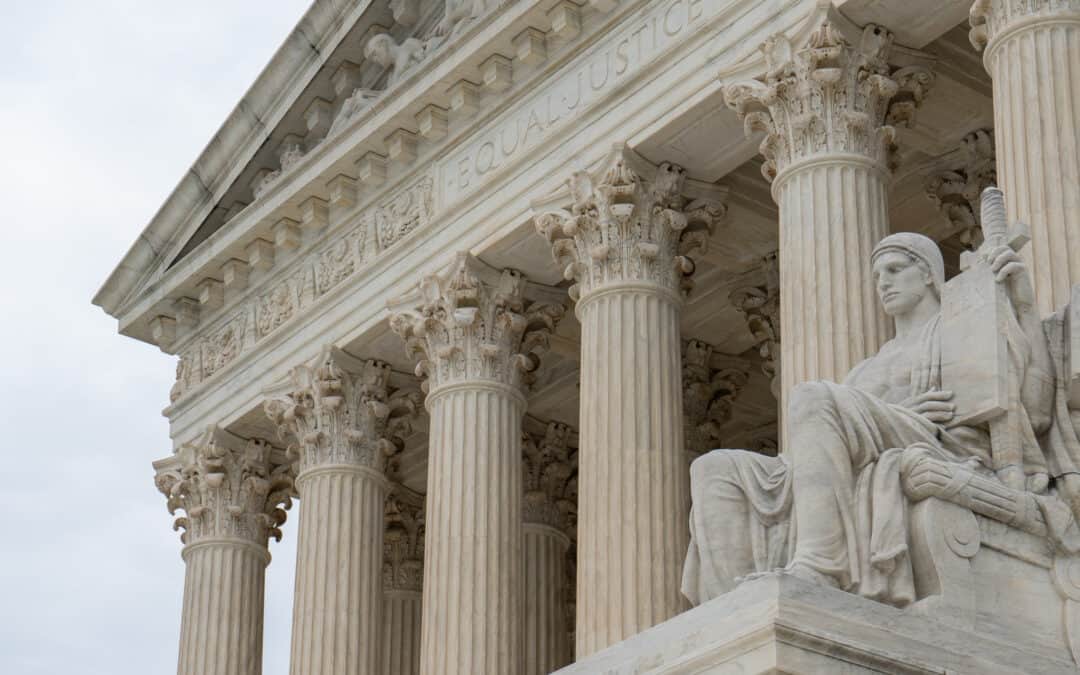
Nondelegation v. Equal Protection: How Emotional Resonance Guides the Court’s Attention
Not all constitutional violations invite the same degree of condemnation from the bench. Some cases have the benefit not only of a sympathetic party and fact pattern but of an emotionally appealing constitutional issue, which the justices of the Supreme Court...

How the Administrative State Targets Small Business Owners
While sometimes portrayed as merely a threat to big business, the true victims of the Administrative State are small to medium-sized businesses. NCLA’s cases, Polyweave Packaging v. DOT and gH Package Product Testing and Consulting v. DOT, are each case studies...

The Self-Regulated Art Market Leaves Bureaucrats Concerned about Job Security
Gustav Klimt (1862-1918), Adele Bloch-Bauer I, 1907. Oil, silver, and gold on canvas. The Administrative State has nearly every aspect of American life under its thumb. Many Americans have developed Stockholm syndrome-like feelings toward the deep state, crediting...
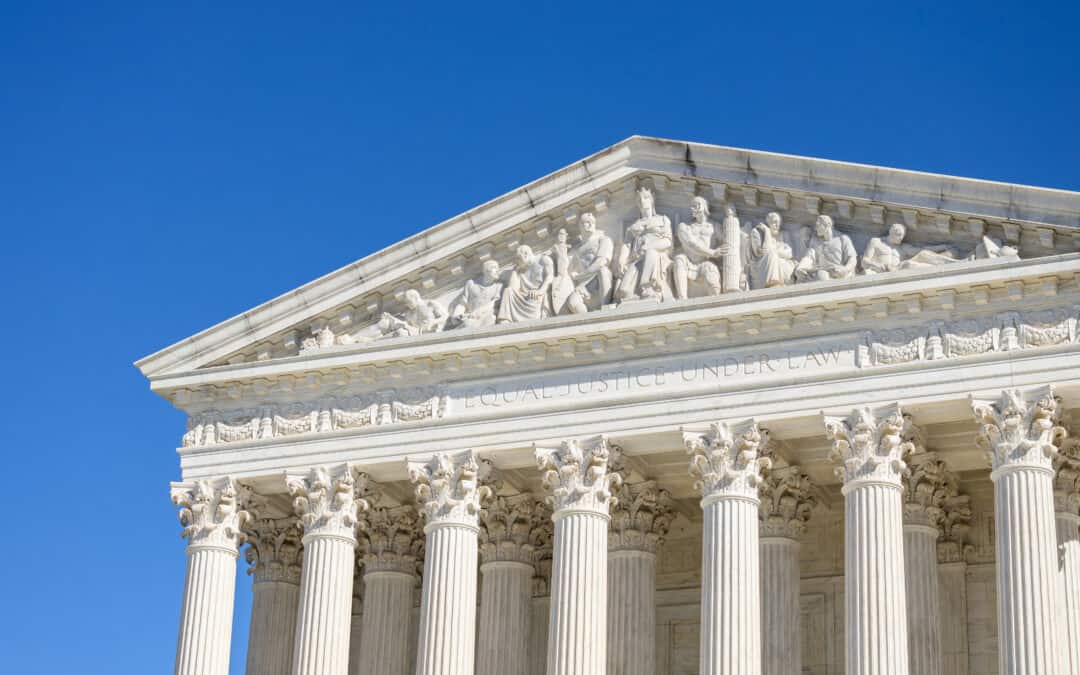
Courts Must Distinguish Between the Bully Pulpit and Bullying to Stop Abridgements of Free Speech
The Constitution allows the government to express its views from the bully pulpit but prohibits bullying people into silence. The government generally may select its views and say what it wishes. But the Supreme Court made clear in Bantam Books v. Sullivan...
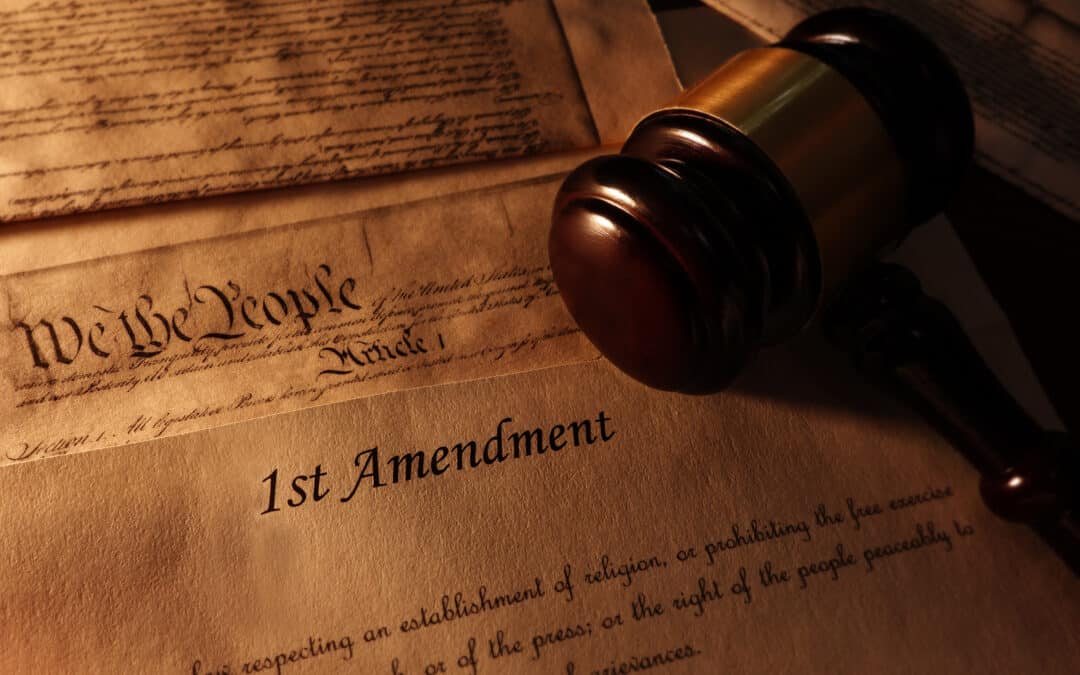
It’s Not Coercion Until They Break Your Will
The government recently had an opportunity to attempt to convince a federal court why efforts to abridge United States citizens’ disfavored political speech are consistent with the First Amendment. As explained in NCLA’s Missouri v. Biden case, ever since 2016,...

The SEC’s Other ‘Hotel California’ Docket
In an op-ed published last fall by Law360, I called out the Securities and Exchange Commission (SEC) for its appalling dereliction of duty in refusing to decide administrative appeals from enforcement sanctions imposed by the agency’s administrative law judges...
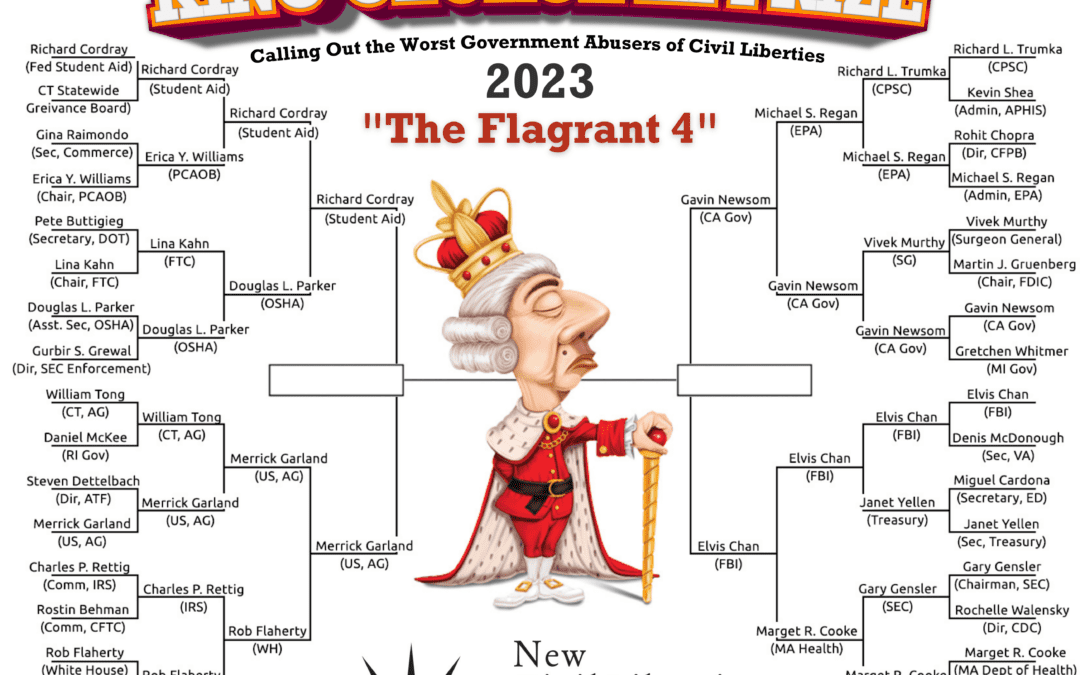
The King George III Prize: Three Years of Calling Out Goverment Abuse
In March 2021, the New Civil Liberties Alliance launched its First Annual King George III Prize, calling out the worst abusers of Americans’ civil liberties. Two years and 96 nominations later, we are nearing the final round of the third installment of what we...

Censorship For Thee and Not For Me – The Mounting Threat Against Free Speech
Freedom of speech has been placed increasingly at risk as we transition to the neoteric “Age of Information/Misinformation/Disinformation,” dominated by the proliferation of social media platforms, hyperbolic news feeds, and a mounting degree of intolerance for speech...

Regulator, Regulate Thyself!
Approximately 111.7 million Americans are cyber-attacked each year. More than 80% of all American firms report that they have been successfully hacked, with 43% of those cyber attacks targeting smaller businesses. Those breaches of security grow in frequency,...
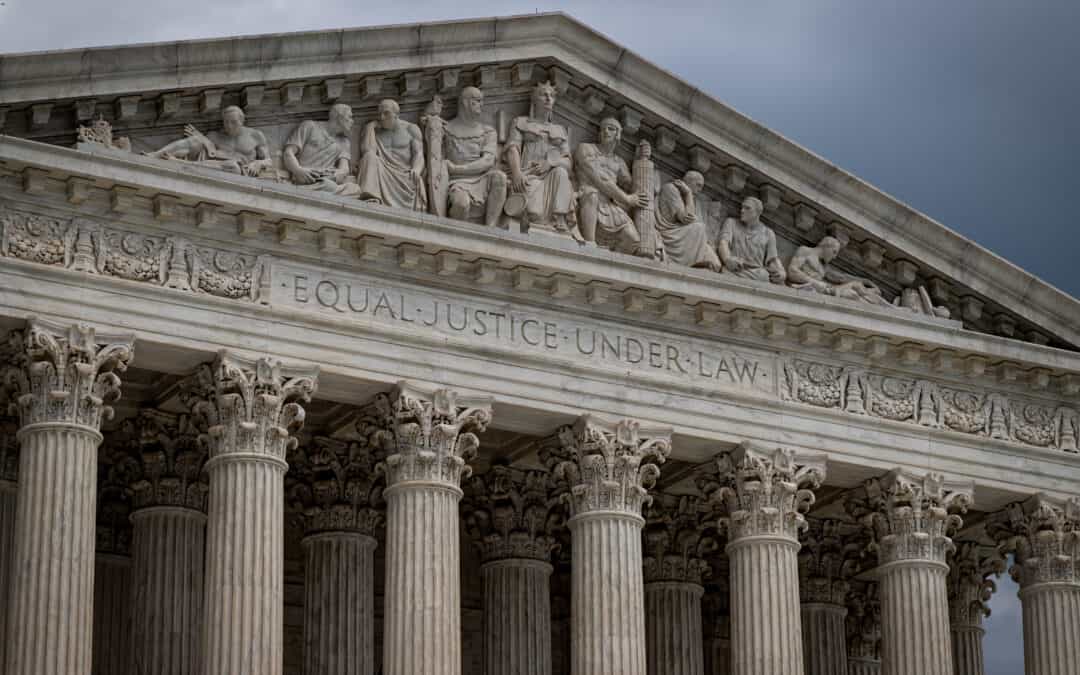
Liberty Means a Trial by Jury
When the people of several states presented our Constitution for ratification in 1787, one issue nearly derailed the adoption of the nation’s charter. The Anti-Federalists vehemently objected to the lack of a guarantee for a civil jury in the proposed document....
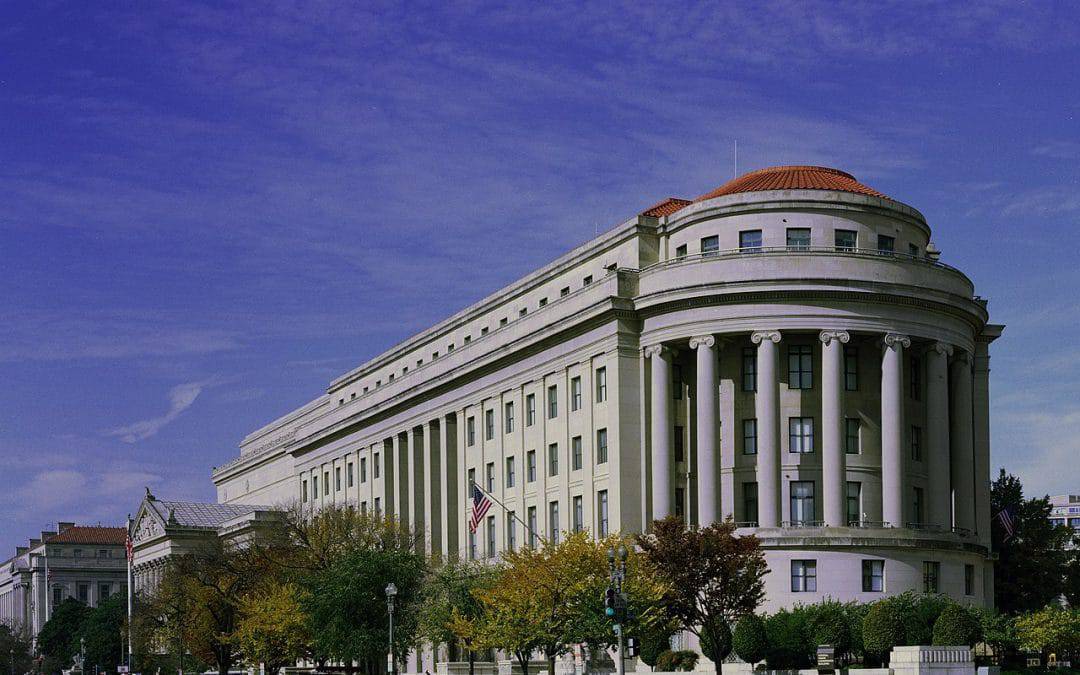
What Has the FTC Got Against Vitamins?
Precision Patient Outcomes, Inc. (PPO) and its principal, Margrett Lewis, are being sued in San Francisco by the Federal Trade Commission (FTC) for selling and marketing high-quality dietary supplements and providing consumers with information that the vitamins...
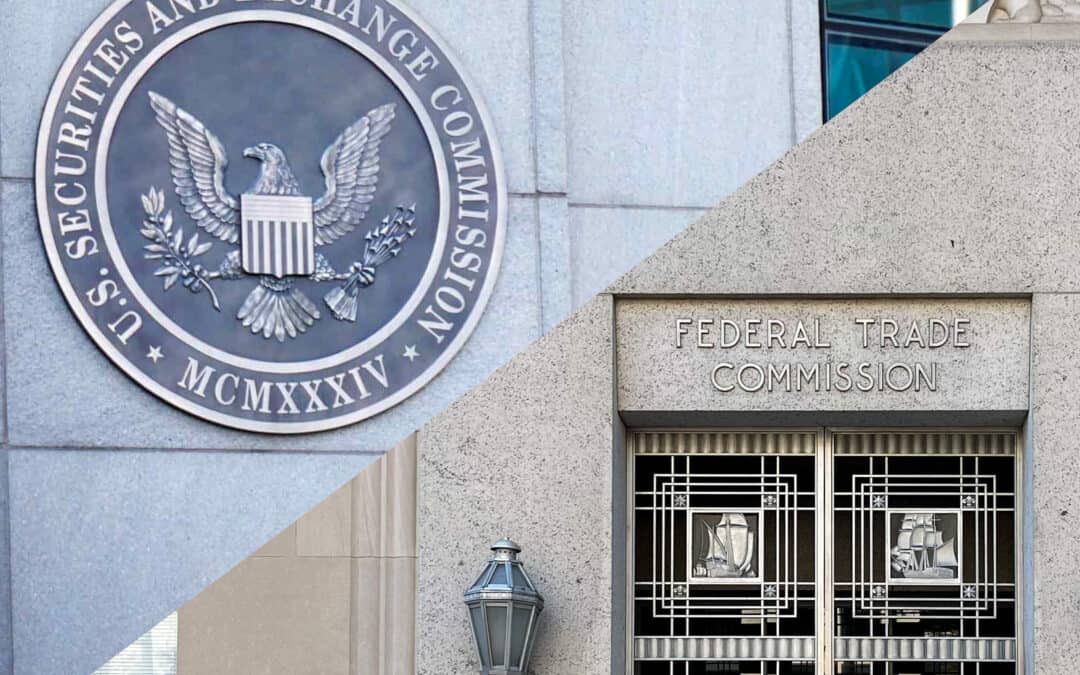
Should Agencies Disgorge Their Ill-Gotten Disgorgement Awards?
What happens when federal bureaucrats get caught red-handed with both fists in the private-sector cookie jar? Do they apologize and return the funds they illegally confiscated, perhaps even with interest? (Okay—stop laughing please.) Of course not. Being a...

Hungry for Power, the FTC Makes Itself a Drink
The Federal Trade Commission has a well-documented history of asserting regulatory powers beyond anything granted to it by Congress. Just last year, in AMG Capital Management, LLC v. FTC, the Supreme Court unanimously rejected the Commission’s decades-long claim that...

Court Reminds Agency That “Constant Monitoring of Your Every Move by the Government Is Frightening to Most People”
They say that an oral argument cannot predict a case’s outcome, but NCLA’s October 5, 2022 argument in Mexican Gulf v. U.S. Department of Commerce may prove to be an exception to that advice. There, a Fifth Circuit panel comprised of Chief Judge Richman and...

The Orange River Seen ‘Round the World – Will the EPA Finally be Held Accountable?
The headwaters of the Animas River begin in the San Juan Mountains of southwestern Colorado. The confluence of streams—Mineral Creek, Cement Creek, and the Upper Animas—define the Upper Animas River basin. The river basin contains hundreds of inactive or abandoned...
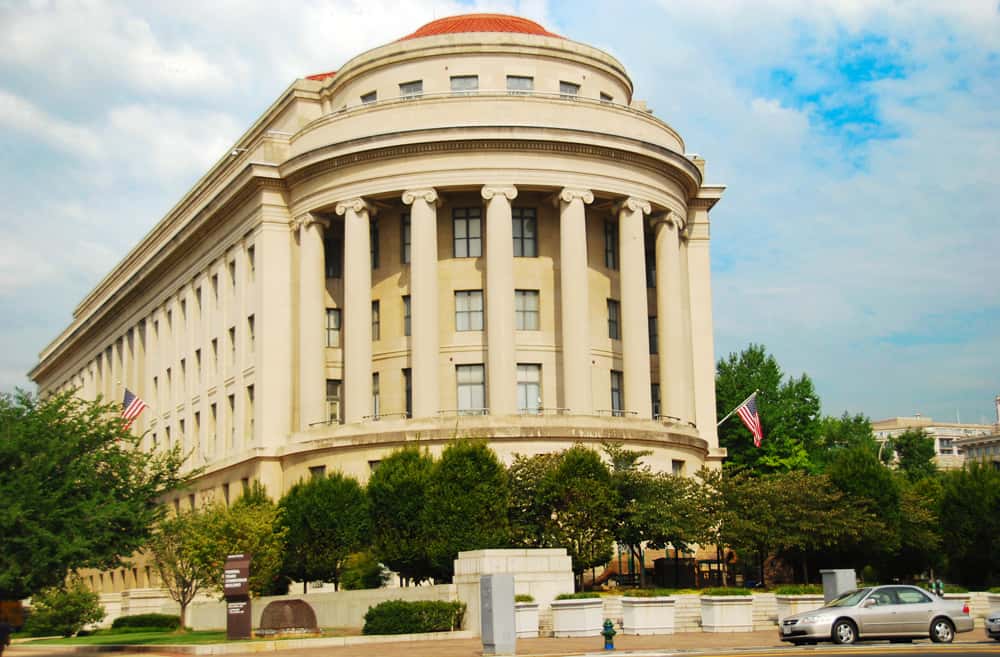
Closing the Circle
As the Wall Street Journal recently noted, the FTC’s recent lawsuit against Walmart raises a fundamental constitutional issue regarding the FTC’s authority to initiate lawsuits. The point at issue concerns Congress’s authority to limit the President’s power to remove...

A Backlash Against the Education Department’s Anti-Charter School Agenda
For decades, millions of American families have been dissatisfied with their local public schools, and the political parties have diverged in their approach to this problem. Democrats have generally supported providing more resources to public schools, while...

Labor Regulation Flouts the Fair Labor Standards Act and Requires Supervisor Making $200,000 to Be Paid Overtime
Did you know you can make over $200,000 a year and still be entitled to overtime pay? In Helix Energy Solutions Group, Inc. v. Hewitt, the en banc Fifth Circuit recently concluded as such. This surprising result was made possible by a Department of Labor...
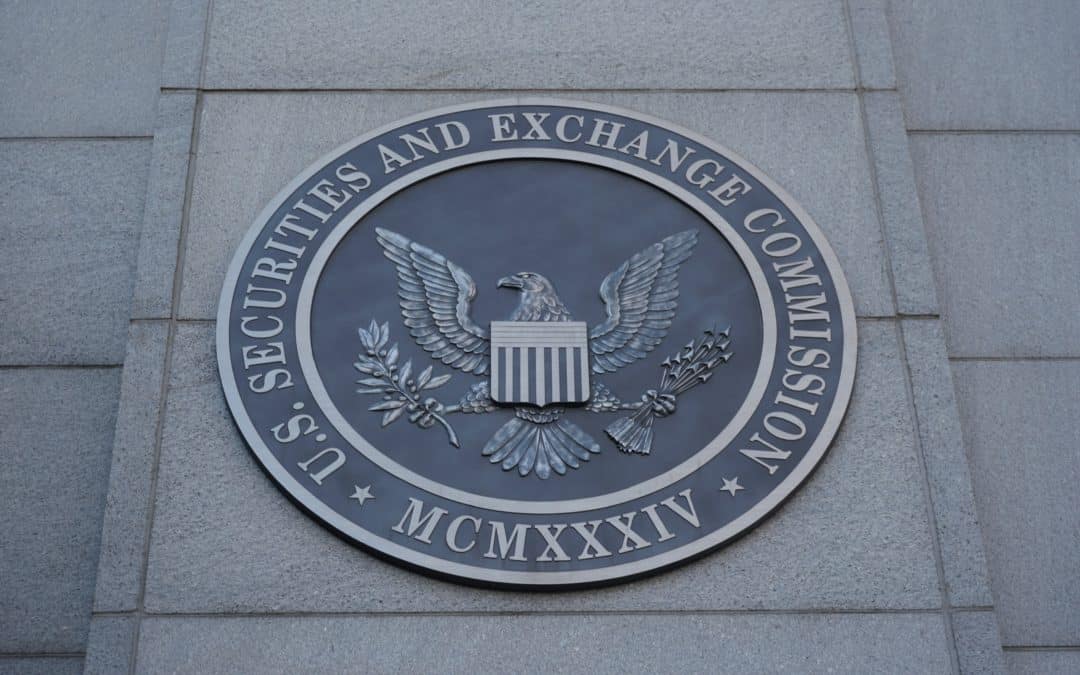
Brave Citizens vs. SEC Overreach
Because our elected branches of government can’t always be trusted to zealously keep one another in check, litigation by individual private citizens has long been among the most effective ways to enforce separation of powers and other structural constitutional boundaries. At least four recent cases involving the Securities and Exchange Commission underscore the power these courageous citizens can unleash by standing up to administrative overreach.
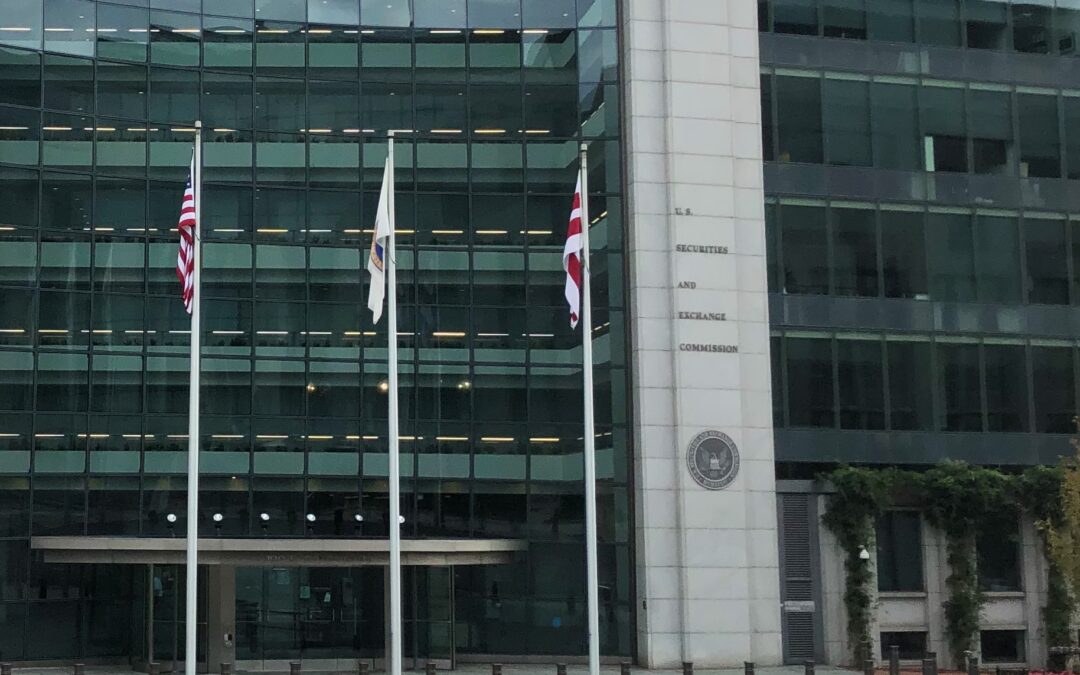
Undercover Threat: The Intersection of the Administrative State and the First Amendment
The Fourth Amendment protects Americans against unreasonable searches and seizures by the government. Absent exigent circumstances or consent, police must obtain judicial authorization (a warrant) to enter a home. As the Supreme Court has repeatedly stated, for example in Riley v. California, the sanctity of a person’s home is among an individual’s core privacy interests.

The Collision of Administrative Law and Civil Liberties
The Fourth Amendment protects Americans against unreasonable searches and seizures by the government. Absent exigent circumstances or consent, police must obtain judicial authorization (a warrant) to enter a home. As the Supreme Court has repeatedly stated, for example in Riley v. California, the sanctity of a person’s home is among an individual’s core privacy interests.

SCOTUS Must Limit Unwarranted Searches to Preserve 4th Amendment Protections
The Fourth Amendment protects Americans against unreasonable searches and seizures by the government. Absent exigent circumstances or consent, police must obtain judicial authorization (a warrant) to enter a home. As the Supreme Court has repeatedly stated, for example in Riley v. California, the sanctity of a person’s home is among an individual’s core privacy interests.
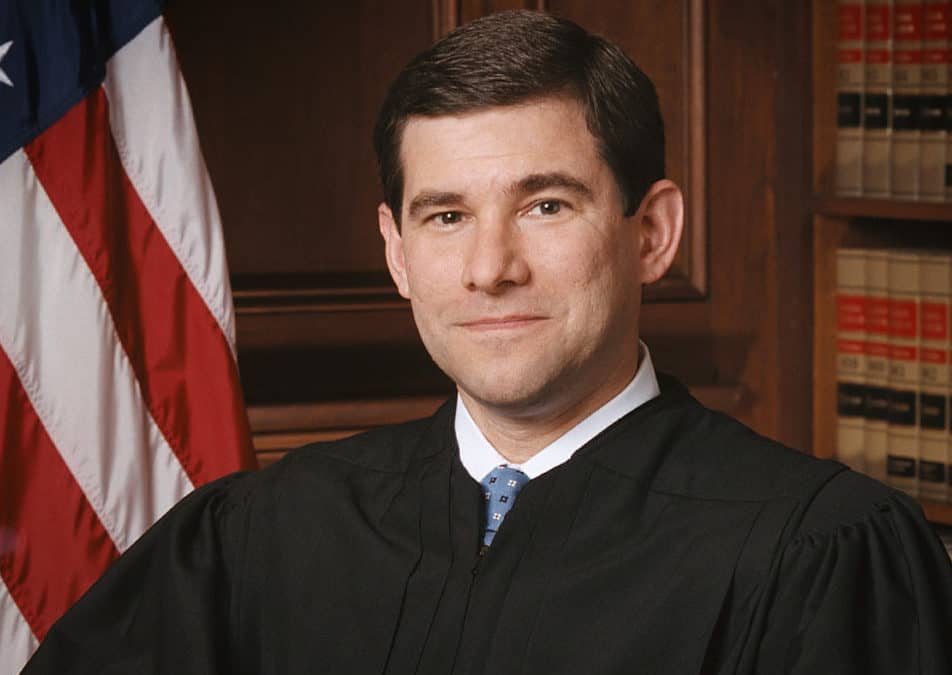
Ill-Considered Decision Revives Judicial Misconduct Complaint
The unconstrained attack on the federal judiciary by Democratic members of Congress is in full swing. That effort was abetted last week by an ill-considered decision by the Committee on Judicial Conduct and Disability of the Judicial Conference of the United States. The Committee revived a judicial misconduct complaint against two federal judges and directed the formation of a “special committee” to conduct a “thorough[] and careful[]” factual investigation.

Is the SEC Warning Fiduciary Advisers Not to Tell the Truth?
The First Amendment famously declares that Congress shall pass no law abridging the freedom of speech, so why is the Securities and Exchange Commission (SEC) discouraging fiduciary investment advisers from accurately disclosing their fiduciary status to...
